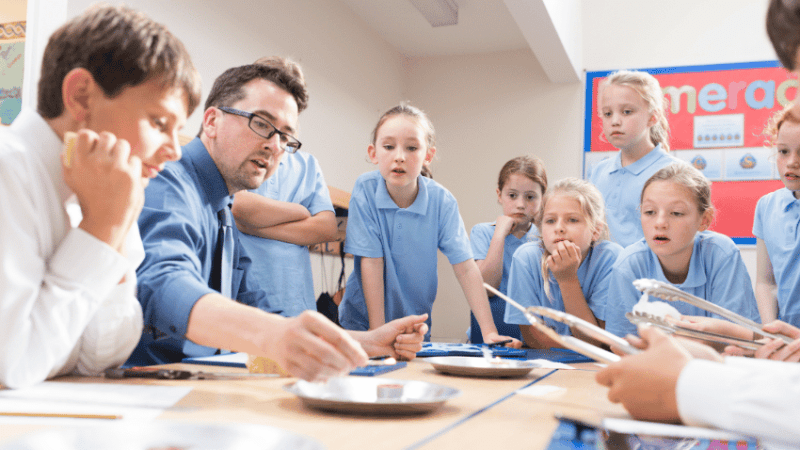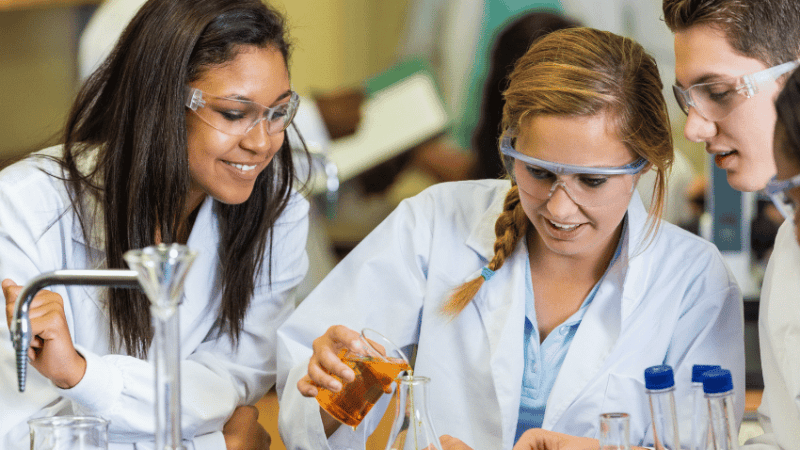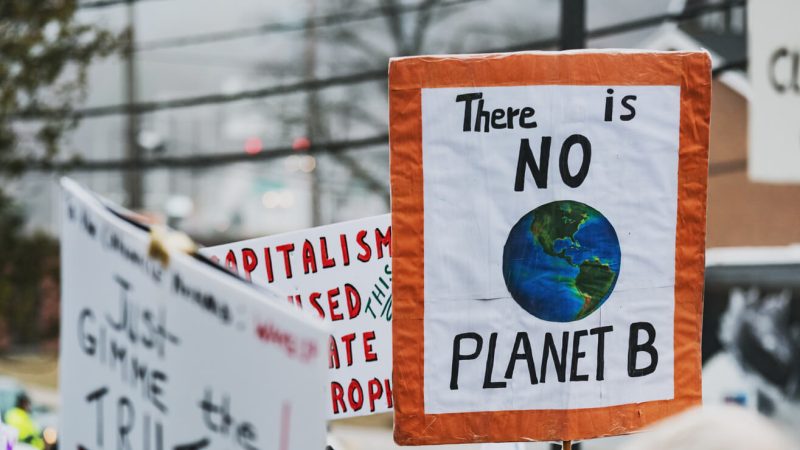11 of the best KS3/4 science lesson plans
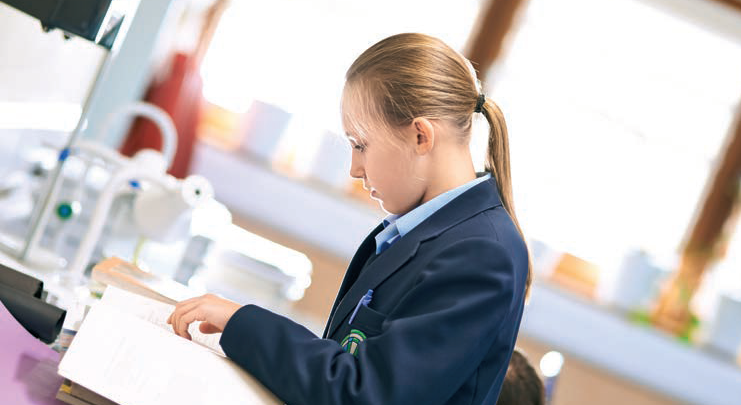
Get your fix of biology, chemistry and physics with these amazing free lessons for secondary…

- by Teachwire
- Classroom expertise and free resources for teachers
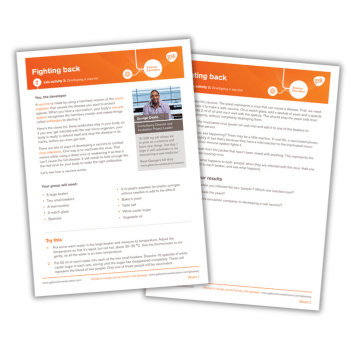
1 | Explore Volcanoes And How They Can Cause Problems For The Global Economy
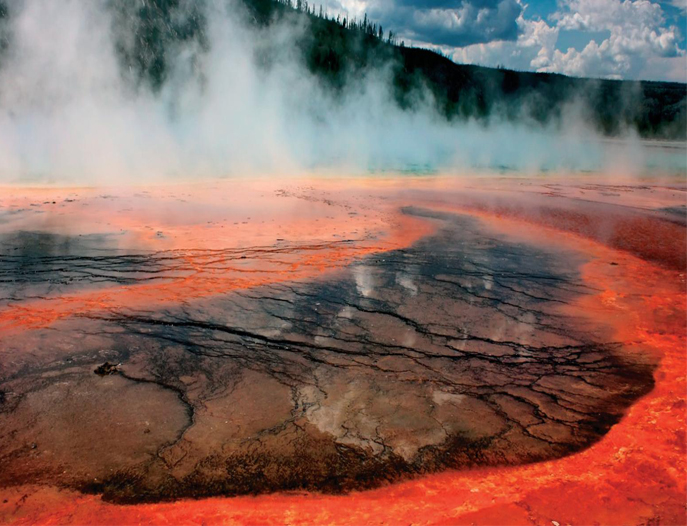
There’s nothing like the prospect of a natural disaster to get students in the mood for some serious scientific investigation. In this lesson they will learn about volcanic activity and the nature of volcanic eruptions, be able to recall what happens during a volcanic eruption, and find out why ash, in particular, can cause problems for the global economy.
They will also be able to explain the human impact of a supervolcano and consider the various ways in which a disaster could be managed.
Click here to get this free lesson plan.
2 | Investigate The Function And Uses Of The Enzyme Invertase And Apply Understanding Of Particle Theory
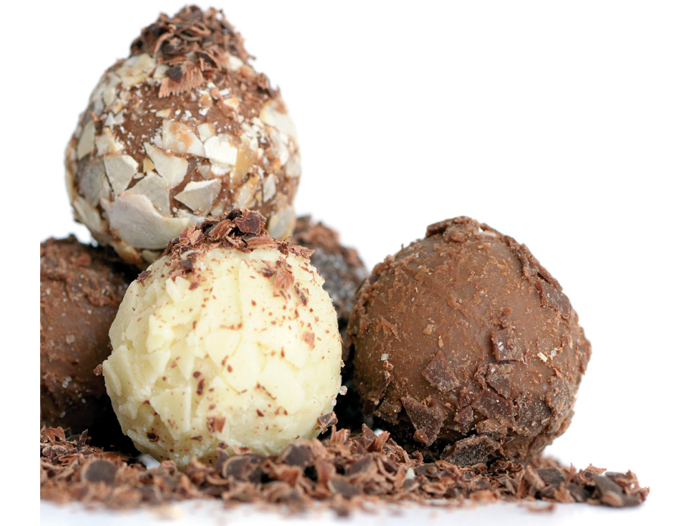
Linking key concepts to products and activities that we all tend to take for granted is always a powerful way of engaging pupils in the process of scientific exploration and discovery.
In this instance, students will be asked to consider a question that may never have occurred to them before: how do confectioners get soft centres into chocolates?
Click here to get this free lesson plan.
3 | Explore How Science Is Used To Change The Way We Think
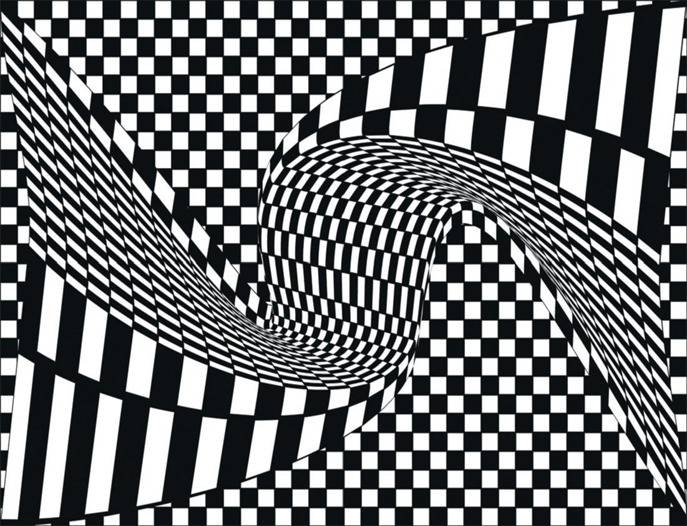
Investigate how different ways of looking at pictures or watching films affect our thoughts, feelings and enjoyment. Explore how the creative application of scientific ideas such as MRI scans can be used to change the way people think and behave.
You will also explain how a consumer society has led to the need for ever more scientific advertising and filming techniques; and how the industry has responded affecting society as a whole. Importantly, debate the ethical and moral implications of influencing society.
Click here to get this free lesson plan.
4 | A Great Introductory Lesson To Safe And Purposeful Science Experiments
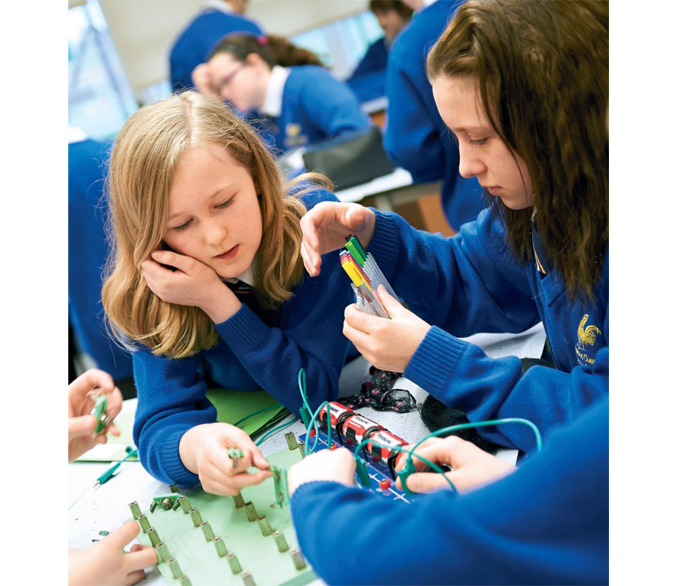
In this KS3 science lesson, students will start to understand the excitement of experimentation and the role of experiments in discovering and verifying scientific information. They will learn how to carry our experiments safely and how to obtain information from the experiment that supports or refutes a hypothesis. Pupils will learn about techniques to analyse information such as creating tables and plotting graphs and how to use computer equipment such as a data logger.
Click here to get this free lesson plan.
5 | Do Robots Pose A Threat To Humanity?
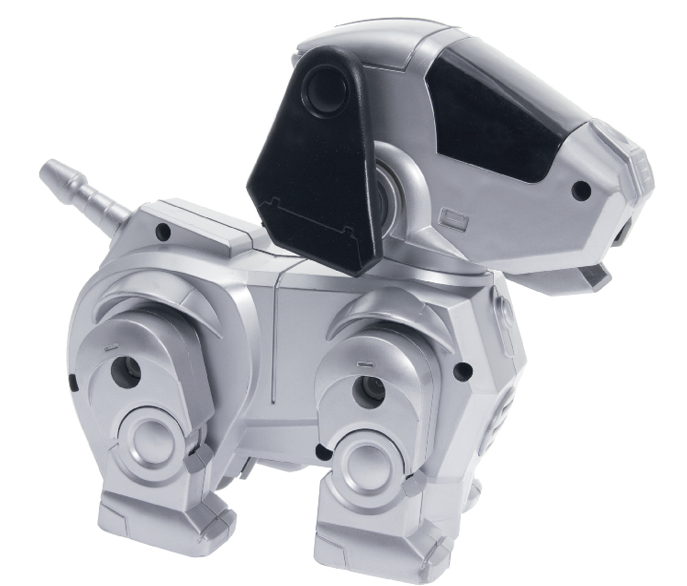
In this lesson we examine what a robot is, how robots are designed and some of the functions they perform for us. There are opportunities for students to discuss their own robots and to design a robot to perform a function of their choice. More able groups could even start a Raspberry Pi club to design a functioning programmable robot of their own.
Students could look at some of the ethical concerns with robots, including jobs and employment, as well as sentient robots and how you could tell if you were speaking to a robot (introducing the Turing test). Finally we will look at the risks that are posed to humanity by robots and evaluate whether films such as The Terminator, I, Robot and Ex Machina raise real concerns about how robots should be created and used.
Click here to get this free lesson plan.
6 | Use Scientific Knowledge To Escape An Imaginary Island
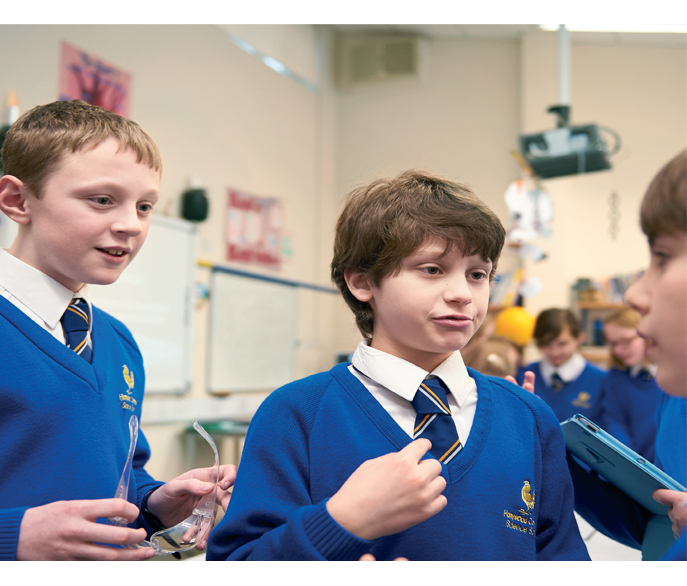
This lesson is a team survival game that can be played over a number of sessions and challenges students to overcome a series of tasks, experiments and contests to escape ‘the island’. Students collect points for each challenge completed successfully and the team with the most points wins the contest.
Every survival technique is based on scientific fact and practical application. The idea of going back to the wild and surviving excites and enthuses students, encouraging them to apply their scientific knowledge and understanding to get the most out of the great outdoors this summer.
Click here to get this free lesson plan.
7 | Combine Biology, Chemistry And Physics By Planning Your Own Archeological Dig

As well as an appreciation of archaeology, this lesson is designed to put KS3 biology (food tests), chemistry (fermentation and production of ethanol) and physics (atomic structure and isotopes) into a fascinating real world context to improve kinesthetic learning opportunities and raise engagement.
Trending
Students will construct a layer cake that represents a dig site and learn about how to plan and map a dig. They will carry out chemical food tests with an archaeological theme and prepare their own sample of ethanol in a simulation of an experiment carried out to resurrect ancient Andean yeast cells.
An independent learning investigation of carbon-14 dating will lead to a deeper understanding of atomic structure and the half-life of radioactive isotopes.
Click here to get this free lesson plan.
8 | Explore The Science And Magic Of Harry Potter And The Death Eaters

The Death Eaters rip through the sky curling around the Millennium Bridge in Central London, which cracks, crumbles and plummets into the Thames as the cables fly around violently.
How much of this is science and how much is magic? It is interesting that the filmmakers chose this bridge, which had a history of swaying from side to side as people walked across it. Can we explain the Death Eaters’ feat using science not magic? What about making things disappear or evaporate in a flash of light? Is there a potion that can conjure fire without needing matches?
In this skills based lesson pupils will be able to make their own hypotheses and investigate practical scenarios in a range of different contexts. They will learn about metals and alloys and how vibrations alone can cause a solid metal structure to break. The properties of light are investigated and students will learn how the refractive index of a substance can determine whether it can become invisible.
Finally, your class will be immersed in the world of chemical potions with redox reactions, creating spectacular light shows and obtaining pure metals like silver.
Click here to get this free lesson plan.
9 | Teach Students How To Think Scientifically And Plan Experiments
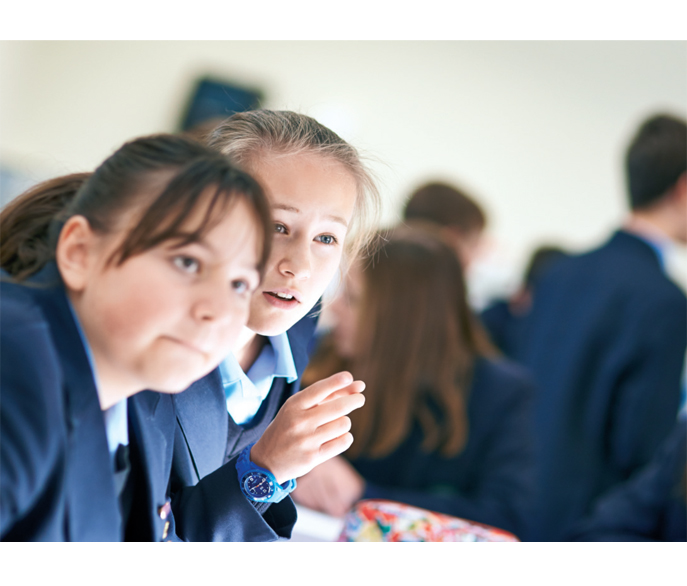
Exam questions, coursework and ISAs require our students to have skills of analysis and comprehension. They also need to demonstrate an understanding of how to think scientifically and plan experiments.
This lesson plan focuses on how to teach students to think scientifically. The activities present an opportunity to look at science in the media to encourage students to form opinions.
Click here to get this free lesson plan.
10 | Embed Maths in Science with Arithmetic, Handling Data, Algebra, Graphs, Geometry and Trigonometry
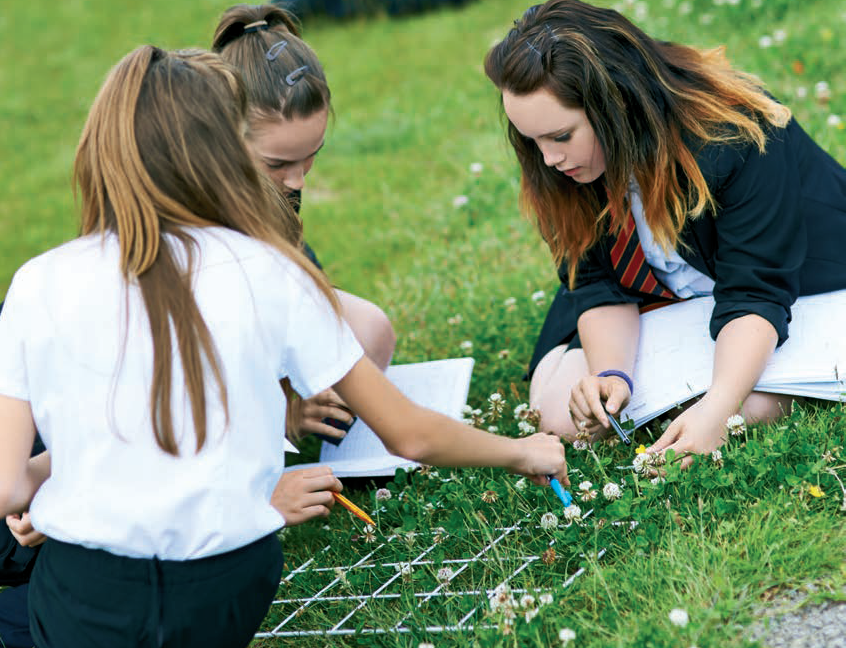
Students will often be expected to draw on their maths skills when studying KS4 science, but is there more that science teachers can be doing to fully address this, instead of just teaching such skills alongside the main subject content?
In this lesson plan (suitable for use as an independent lesson or sequence of sessions) Dr Joanna Rhodes outlines a way for teachers firmly link science with the five areas of mathematics addressed in the latest program of study for KS science: arithmetic and numerical computation; handling data; algebra; graphs and geometry; and trigonometry.
Click here to get this free lesson plan.
11 | Improve Students’ Scientific Understanding by Developing Their Comprehension and Use of Technical Language
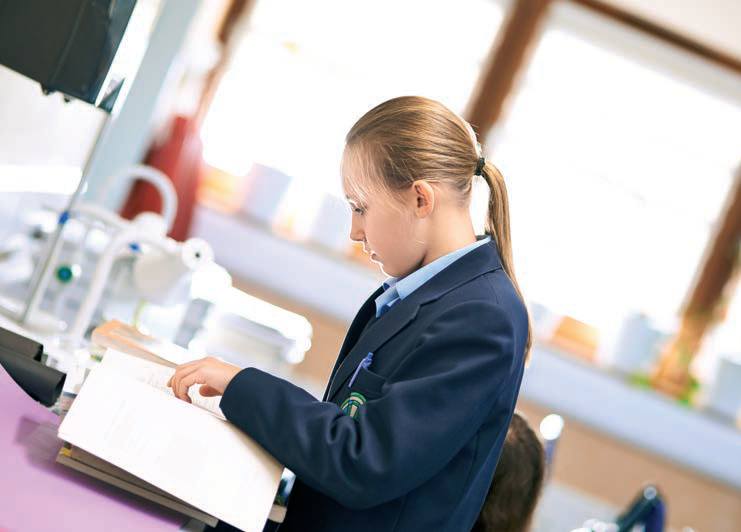
Science teachers are well-placed to help a generation of pupils by familiarising them with the specific and precise language of science. Here, Dr Joanna Rhodes suggests some ways of helping pupils to hone their technical vocabulary, terminology and comprehension…





